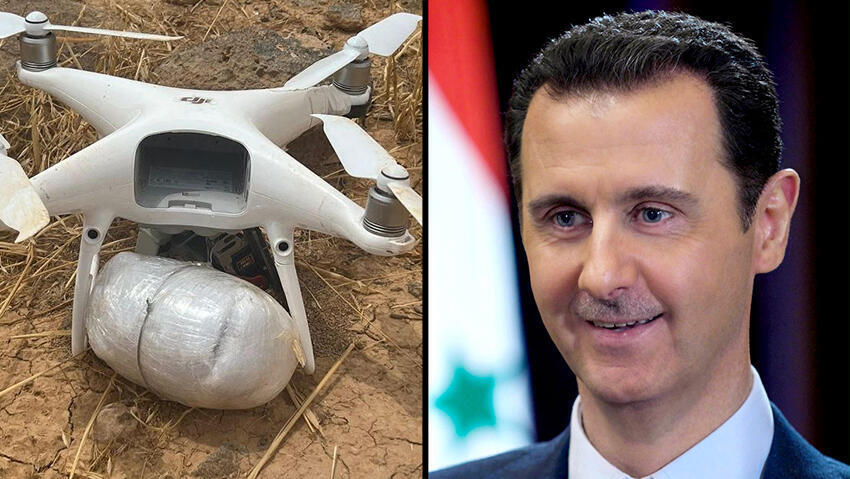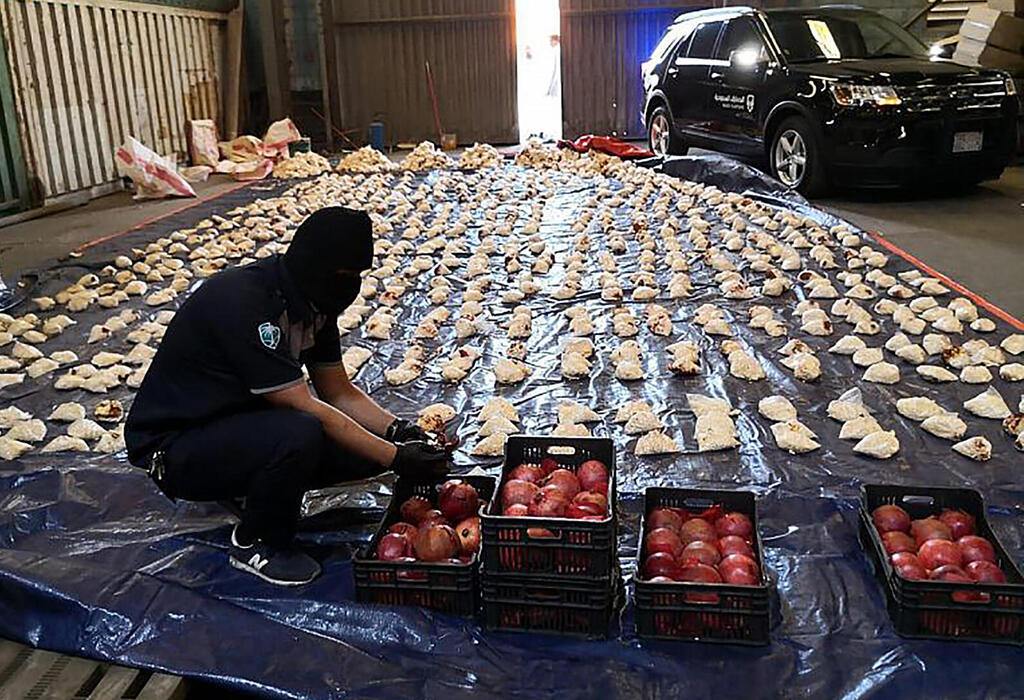Getting your Trinity Audio player ready...
The Jordanian military intercepted an unmanned drone that entered the country's airspace from Syria earlier in the week, marking the third such occurrence since the start of the month. Previous reports indicated that these drones, which have crossed the Syrian-Jordanian border, were used to smuggle narcotics and arms, leading to heightened concerns among Jordanian authorities about the threat posed by Iran's expanding presence and activities in the area.
Read more:
In a statement released on Monday, the Jordanian military did not provide any more information about the downing of the UAV or about its cargo. Although it has been thought to have been carrying drugs or explosives. The region along the Syria-Jordan border is embroiled in a significant drug trade, and the Jordanian government, closely aligned with Washington, points to Iran-backed militias controlling parts of southern Syria as the source of the problem.
"These are Iranian operatives targeting Jordan with the help of local proxies operating near our border," Samih al-Maaytah, a former member of the Jordanian government who is knowledgeable on the recent developments, said.
In recent years, both Western and Arab nations directed accusations at Syria for evolving into a hup for the production and trafficking of Captagon tablets, a stimulant often referred to as the "poor man's cocaine," which is popular among young individuals in the Arab world, particularly within more affluent sectors. The lion's share of global Captagon production originates in Syria, with a small fraction being produced in neighboring Lebanon.
Regional sources claim Syrian leader Bashar al-Assad's administration is assisting the transportation of these pills to Gulf countries, using Jordan as a transit point. The lucrative Captagon trade has become a crucial revenue stream for the regime amid the profound economic turmoil enveloping the nation.
Assad's government strongly denies any involvement and asserts that even the Iranian militias, backed by Syria's military and security forces, are not implicated. Tehran itself, predictably argues that these allegations are part of a smear campaign by Western powers.
Jordanian officials confirm that they've been attempting to curtail Iranian smuggling to the best of their abilities, but cooperation from Syrian officials is hard to come by, particularly as the southern regions of Syria are basically lawless in the wake of the civil war that in many ways, is still going strong.
In the past week, the Chairman of the Joint Chiefs of Staff of the United States, General Mark Milley, paid a visit to Jordan. During his visit, King Abdullah appealed for increased American support in Jordan's fight against the drug trade facilitated by Iranian militias. In an interview with Jordanian television, Milley affirmed that the United States is actively working to supply Jordan with equipment, training, and advice to effectively counter the escalating menace posed by the drug trade.



